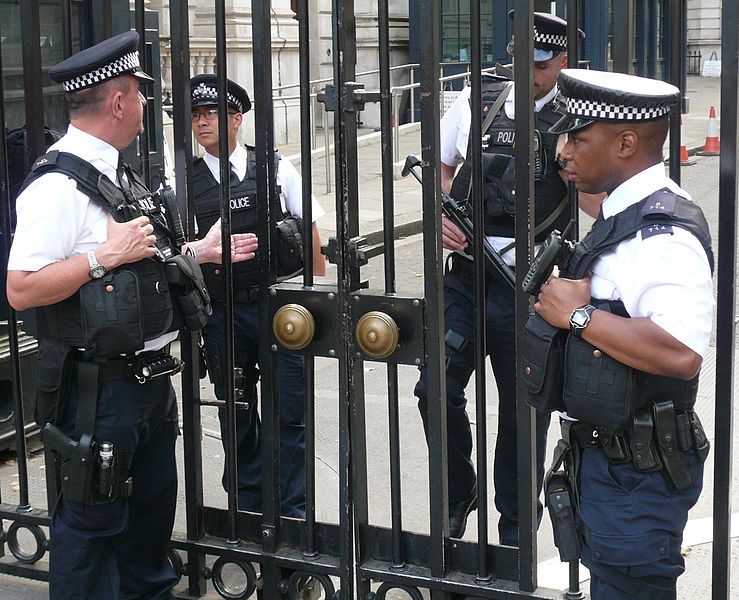
Public trust in the police is hanging by a thread, according to the Chief Inspector of Constabulary, Andy Cooke. In his annual report on policing in England and Wales, Cooke warned that the
police forces are currently facing one of their most significant crises in living memory. He highlighted the impact of "atrocious" crimes committed by serving police officers, which have fueled distrust among the public. Furthermore, Cooke expressed concerns over the low arrest rates, stating that too few criminals were being caught.
Cooke called for new powers to enforce improvements in the police force. He emphasized that time is running out for the police and the government to restore public trust in policing. According to his assessment, police forces are struggling to keep up with the rising demands from the public and are frequently failing to perform the basics correctly.
The report revealed that charge rates have declined by two-thirds since 2014, leaving victims increasingly dissatisfied with the police and the broader criminal justice system. Cooke stated that he cannot recall a time when the relationship between the police and the public was more strained than it is now. He highlighted the public's expectation that the police prevent and investigate crime effectively, remain visible in communities, and respond promptly to emergency calls.
Cooke also pointed out that the police often find themselves compensating for shortcomings in other public services, such as mental health support. Last year alone, the police attended 600,000 mental health incidents, despite the majority not requiring police intervention. He cited the example of the Metropolitan Police Commissioner informing health and social care services in Greater London that they would cease attending mental health incidents, except in cases where there is an immediate threat to life.
While Cooke acknowledged the positive impact of the investment that has added over 20,000 police officers in England and Wales since 2020, he also highlighted challenges in vetting new recruits and the relative inexperience of the workforce due to the loss of established officers in previous years. Furthermore, some police forces have been slow to implement necessary improvements when shortcomings are identified.
Cooke called on Home Secretary Suella Braverman to grant new enforcement powers to ensure compliance with the Inspectorate of Constabulary's recommendations by the end of the year. He emphasized that these powers would ensure that police chiefs across the country make the necessary changes to maintain public safety.
The report received strong criticism from Labour shadow home secretary Yvette Cooper, who described it as "truly damning." Cooper attributed the scale of the damage to systemic failings in policing and a dysfunctional criminal justice system, which she blamed on successive Conservative home secretaries. Cooper agreed with Cooke's call for urgent reforms, including stronger action to raise standards and improve the charge rate.
Home Secretary Suella Braverman responded to the report, acknowledging the need for strong leadership in policing and a focus on the basics that matter most to the public. She highlighted the importance of common-sense policing, emphasizing the government's commitment to reducing burdens on the police and providing necessary resources. Braverman stated that total funding for policing has surpassed £17 billion, including provisions for high-visibility patrols in areas affected by violent crime and antisocial behavior. Photo by Stanislav Kozlovskiy, Wikimedia commons.




































